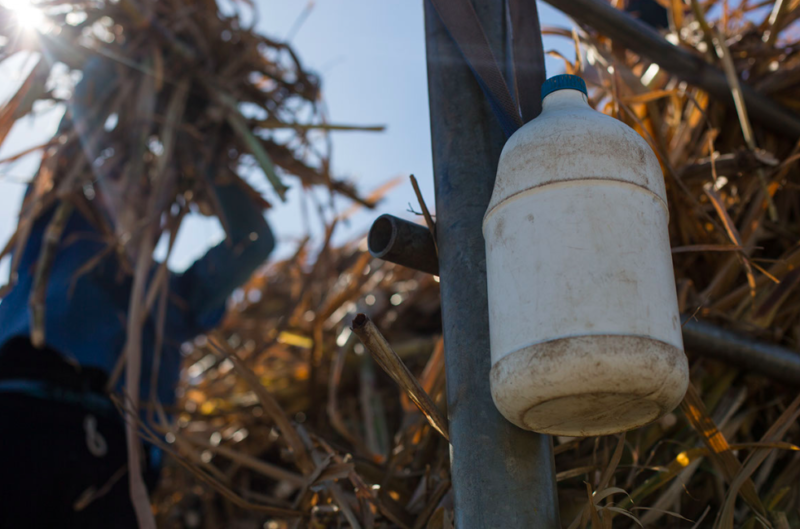Climate change is turning dehydration into a deadly disease
Ars Technica » Scientific Method 2017-04-29

Enlarge (credit: Brett Gundlock)
A mysterious kidney disease is striking down labourers across the world and climate change is making it worse. For Mosaic, Jane Palmer meets the doctors who are trying to understand it and stop it. The story is republished here under a Creative Commons license.
By 10am in the sugarcane fields outside the town of Tierra Blanca in El Salvador, the mercury is already pushing 31°C. The workers arrived at dawn: men and women, young and old, wearing thick jeans, long-sleeved shirts and face scarves to prevent being scorched by the sun’s rays. They are moving quickly between rows of cane, bending, reaching, clipping and trimming in preparation for harvesting the crop in the weeks to come. In the scant shade, old Pepsi and Fanta bottles full of water swing from tree branches, untouched. Gulping only the thick air, the workers won’t stop until noon, when their shift is over.
Among them is 25-year-old Jesús Linares. His dream, he explains in English, was to be a language teacher, but like many Salvadoran children he went to work to help support his parents and siblings. Aged eight, he learned to hide in the towering canes whenever the police sought out underage workers; since then, he’s tended sugarcane from dawn to noon and then pigs until dusk. In the evenings, he tries to listen to English audio programmes or read a language book, but for the last year he’s been too tired to concentrate. So tired, in fact, that a few months ago he visited the Tierra Blanca clinic. Blood tests revealed that Linares was in the early stages of chronic kidney disease.